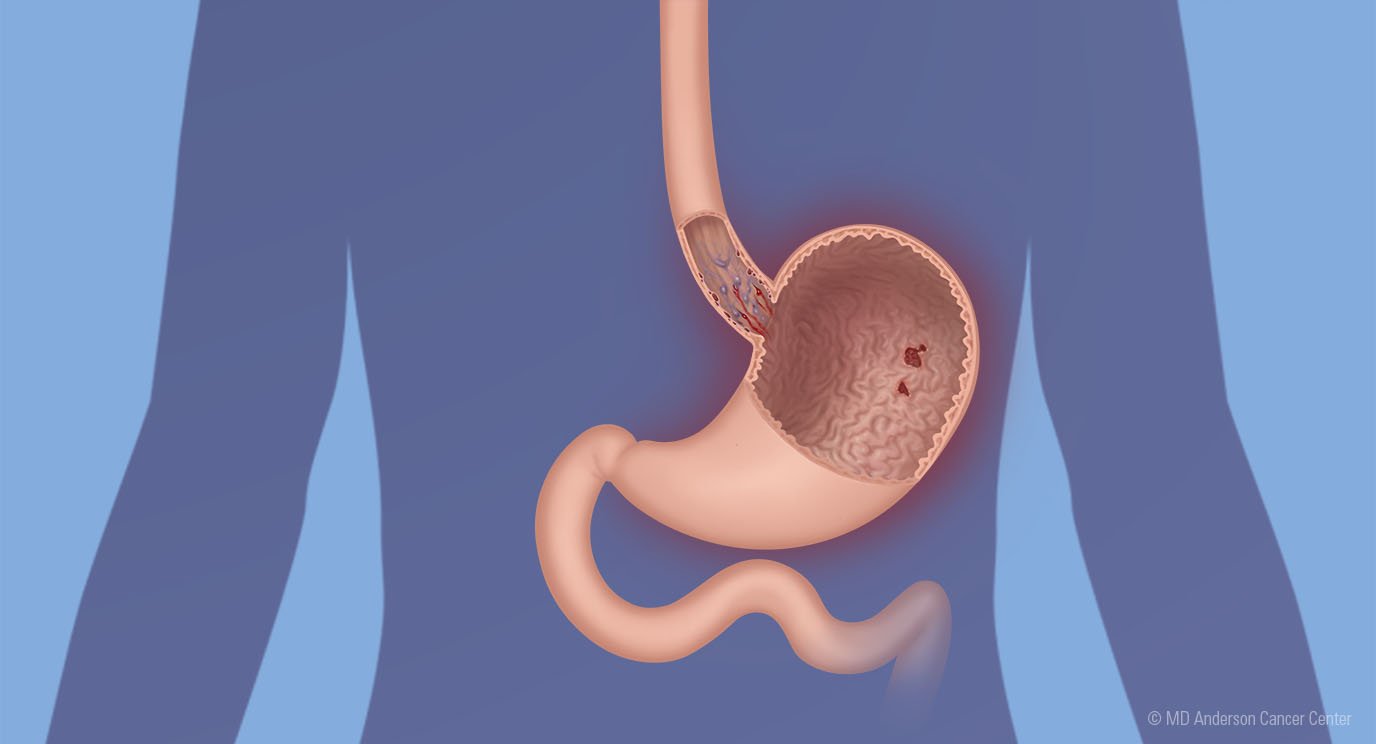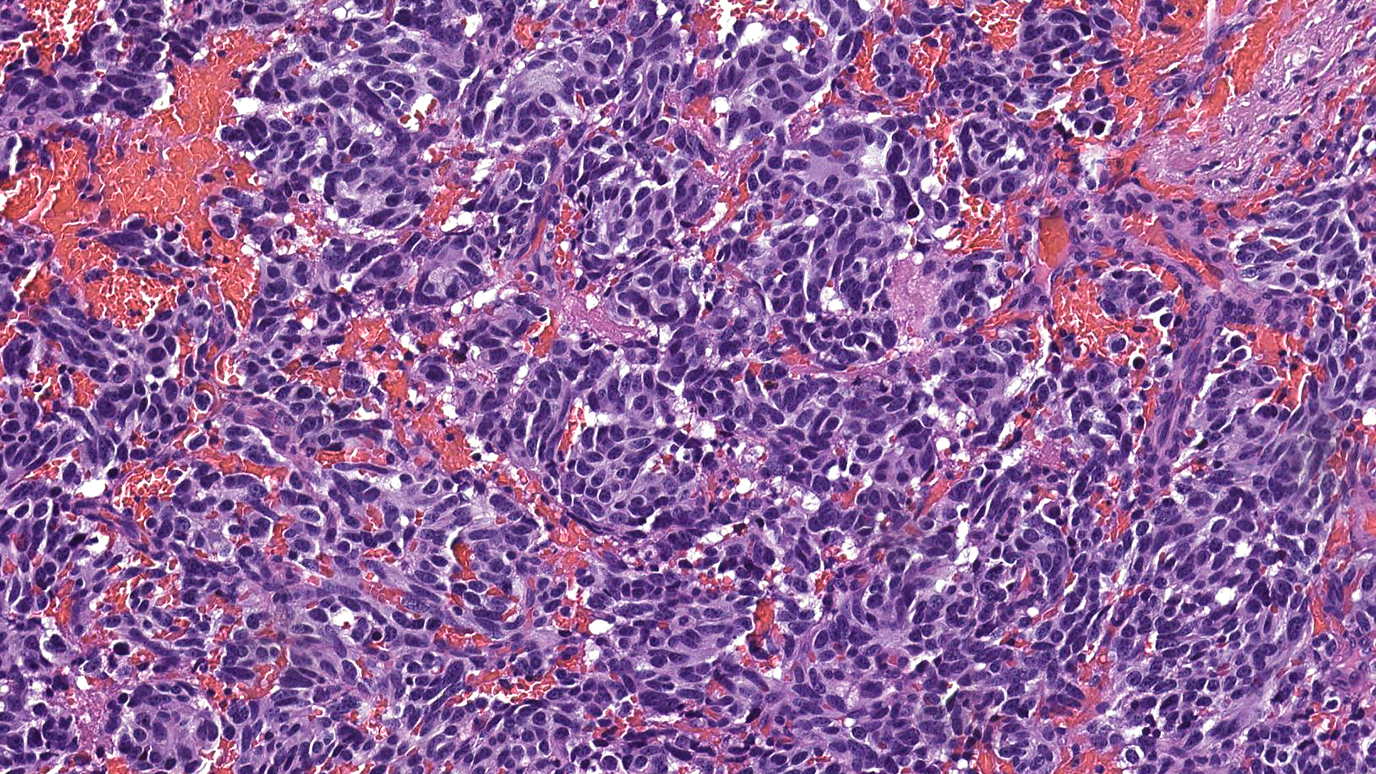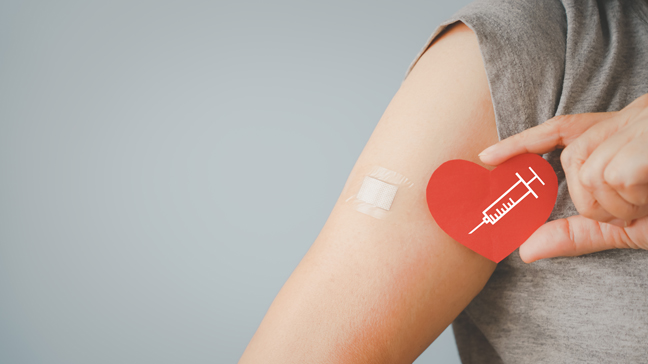- Diseases
- Acoustic Neuroma (14)
- Adrenal Gland Tumor (24)
- Anal Cancer (66)
- Anemia (2)
- Appendix Cancer (16)
- Bile Duct Cancer (26)
- Bladder Cancer (68)
- Brain Metastases (28)
- Brain Tumor (230)
- Breast Cancer (718)
- Breast Implant-Associated Anaplastic Large Cell Lymphoma (2)
- Cancer of Unknown Primary (4)
- Carcinoid Tumor (8)
- Cervical Cancer (154)
- Colon Cancer (164)
- Colorectal Cancer (110)
- Endocrine Tumor (4)
- Esophageal Cancer (42)
- Eye Cancer (36)
- Fallopian Tube Cancer (6)
- Germ Cell Tumor (4)
- Gestational Trophoblastic Disease (2)
- Head and Neck Cancer (6)
- Kidney Cancer (124)
- Leukemia (344)
- Liver Cancer (50)
- Lung Cancer (288)
- Lymphoma (284)
- Mesothelioma (14)
- Metastasis (30)
- Multiple Myeloma (98)
- Myelodysplastic Syndrome (60)
- Myeloproliferative Neoplasm (4)
- Neuroendocrine Tumors (16)
- Oral Cancer (100)
- Ovarian Cancer (170)
- Pancreatic Cancer (164)
- Parathyroid Disease (2)
- Penile Cancer (14)
- Pituitary Tumor (6)
- Prostate Cancer (144)
- Rectal Cancer (58)
- Renal Medullary Carcinoma (6)
- Salivary Gland Cancer (14)
- Sarcoma (236)
- Skin Cancer (296)
- Skull Base Tumors (56)
- Spinal Tumor (12)
- Stomach Cancer (60)
- Testicular Cancer (28)
- Throat Cancer (90)
- Thymoma (6)
- Thyroid Cancer (98)
- Tonsil Cancer (30)
- Uterine Cancer (78)
- Vaginal Cancer (14)
- Vulvar Cancer (18)
- Cancer Topic
- Adolescent and Young Adult Cancer Issues (20)
- Advance Care Planning (10)
- Biostatistics (2)
- Blood Donation (18)
- Bone Health (8)
- COVID-19 (362)
- Cancer Recurrence (120)
- Childhood Cancer Issues (120)
- Clinical Trials (626)
- Complementary Integrative Medicine (24)
- Cytogenetics (2)
- DNA Methylation (4)
- Diagnosis (230)
- Epigenetics (6)
- Fertility (64)
- Follow-up Guidelines (2)
- Health Disparities (14)
- Hereditary Cancer Syndromes (124)
- Immunology (18)
- Li-Fraumeni Syndrome (8)
- Mental Health (118)
- Molecular Diagnostics (8)
- Pain Management (62)
- Palliative Care (8)
- Pathology (10)
- Physical Therapy (18)
- Pregnancy (18)
- Prevention (896)
- Research (390)
- Second Opinion (74)
- Sexuality (16)
- Side Effects (604)
- Sleep Disorders (10)
- Stem Cell Transplantation Cellular Therapy (216)
- Support (404)
- Survivorship (322)
- Symptoms (184)
- Treatment (1774)
How to weather the tripledemic: When COVID-19, flu and RSV collide
4 minute read | Published November 18, 2022
Medically Reviewed | Last reviewed by an MD Anderson Cancer Center medical professional on November 18, 2022
You might know that flu season got off to an earlier start than usual this year or that the respiratory syncytial virus (RSV) is making a serious comeback. You may have even heard people call this a “tripledemic” of viruses. But you may be wondering why, or what — if anything — you should do about it.
We checked in with Chief Infection Control Officer Roy Chemaly, M.D., to find out what patients and their families should know about protecting themselves from COVID-19, flu and RSV this year.
Why has there been such an uptick in the number of flu and RSV infections this year?
It wasn’t unexpected. Any time you have large numbers of people taking effective steps to reduce the spread of one particular disease, you’re going to see much lower rates of other diseases in that same category.
That’s why we saw so few cases of the flu, RSV and the common cold these past few years. Masking, social distancing, and good hand hygiene don’t just protect you from COVID-19. They protect you from a lot of other things, too.
The downside is that people haven’t been exposed to any of these germs recently, so they’re more vulnerable to them now that people have set aside a lot of those pandemic practices. And when those viruses do come back around, they tend to be more transmissible and cause more severe infection.
Is there any way to distinguish between the symptoms of RSV and those of the flu or COVID-19?
No. All of these viruses can cause many of the same symptoms, including:
- fever
- headache
- body aches
- runny nose
- cough
- sore throat
- sinus congestion
So, you can’t differentiate between them based solely on symptoms. There’s too much overlap.
The only way to definitively diagnose or rule out one of these viruses is to get tested. While you can use an at-home test for COVID-19, you’ll need to see a doctor to be diagnosed with the flu or RSV. You’d also need to be tested by a doctor for strep throat, a bacterial infection that can be treated with antibiotics. It shares some of these same symptoms, too, and is also going around.
What should cancer patients do if they have these symptoms?
Don’t go to the emergency room unless you have to. Many of these facilities are already overwhelmed right now with upper respiratory infection patients. So, you don’t want to go there unless you’re having trouble breathing, feeling short of breath or have a severe cough that’s getting worse instead of better.
Test yourself at home for COVID-19, and if you test positive, contact your care team to see if they want you to start any anti-viral therapies. We have effective treatment options now for both the flu and COVID-19.
Can people get vaccinated against RSV?
No. Not yet. Maybe by the end of next year. A few companies have vaccines in development right now, but no RSV vaccine has been approved by the Food and Drug Administration (FDA) yet.
How should cancer patients and their families approach the holidays in this tripledemic? Is it safe to travel?
COVID-19 is becoming endemic now, just like the flu and the common cold. But it’s still circulating, along with the flu, strep and RSV, so it’s wise to be cautious.
It’s OK to travel and visit with family and friends, as long as you take reasonable precautions. That means you should get your bivalent COVID-19 booster now, or as soon as you’re eligible if you haven’t already. And get your flu shot, too. The vaccines may not prevent you from getting an infection, but they will reduce your risk of developing a severe infection or needing to be hospitalized.
You should also continue to do whatever you normally would to protect yourself. If you’ve been told to avoid crowds or practice social distancing, for instance, keep doing that. And you should still be wearing a mask at any large gathering, even if you’ve been vaccinated for both the flu and COVID-19.
Are there any special steps that immunocompromised individuals should take to protect themselves against COVID-19, flu and RSV?
No. We’ve known for years that RSV can hit cancer patients hard, especially those who just received stem cell transplants or are immunocompromised for some other reason. We see it all the time during the winter.
But anyone can get sick from these viruses. Our patients can just get very sick. So, there should be no difference between how they conduct themselves over the holidays and how they live during the rest of the year.
Caregivers can reduce the risk for their immunocompromised loved ones by ensuring they get fully vaccinated and that anyone who comes into close contact with them does, too.
If you have any questions or concerns, talk to your doctor.
Any other advice to help people avoid the flu, COVID-19 and RSV this year?
Don’t get close to anyone with a cough, cold or other flu-like symptoms at holiday functions. Those people shouldn’t be there.
It’s also important to stay home if you’re sick. I know it’s hard to miss out on get-togethers — especially for the holidays — when it feels like forever since they’ve even been an option, but don’t make things worse by going anyway and infecting all your friends and loved ones.
Do your best to protect both yourself and others by getting vaccinated against the flu and COVID-19. Then, make plans based on the amount of risk you’re willing to accept and enjoy yourself.
Request an appointment at MD Anderson online or by calling 1-866-505-1098.

The only way to definitively diagnose or rule out one of these viruses is to get tested
Roy Chemaly, M.D.
Chief Infection Control Officer





